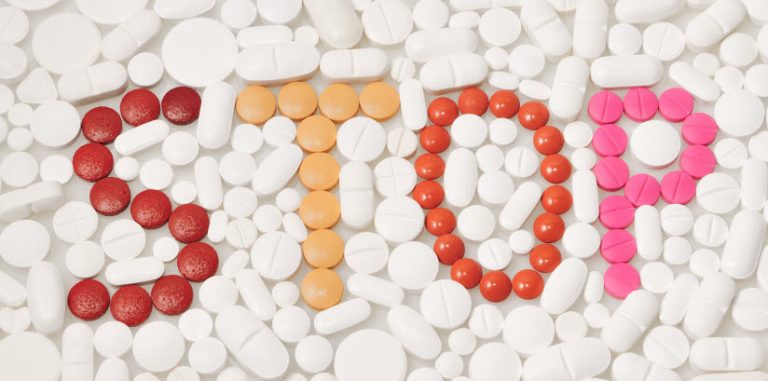
INDIVIOR PLC SPON ADR EA REPR 5 ORD (OTCMKTS:INVVY) is up more than 11% on its Wednesday open on the company releasing data from its phase III in substance abuse. The trial is looking at an opioid abuse deterrent candidate, a subcutaneous injection formulation of an already approved drug called buprenorphine. We know Indivior is capable of Executing on a strong commercial rollout, based on the success of its Suboxone product, so if approved, this substance abuse drug has the potential to bring in a fresh wave of revenues for the company. Here is a look at the drug in question, and what the data tells us about the chances of approval.
So, as mentioned, it’s a reformulation of buprenorphine. Buprenorphine is a commonly prescribed opioid used primarily used as an opioid abuse drug (although sometimes used in low doses for pain management). What we mean by this is it is administered as an alternative to opioids in patients that have become dependent on other opioid drugs. It is generally issued as a combination with another abuse related drug, naloxone. Think of it as a sort of methadone alternative. It is designed to help wean patients off the stronger and more addictive opioid compounds. The regimen is an established treatment, but the current formulation requires daily dosing, and this has a couple of issues. First, it can be difficult for patients to maintain a daily dosing schedule, especially as part of a recovery program. Second, it is open to abuse. When treating high risk abuse patients such as those looking to get off stronger opioids, a prescription of buprenorphine can a) be abused itself or b) serve as gateway to a relapse.
Indivior’s answer to the problem is this subcutaneous injection version. It is a long-lasting, extended-release version of buprenorphine, designed to last 30 days from a one time administration. The advantages of this are clear – it increases the chance of patient adherence to the dosing schedule (reducing administration days from 365 to 12) and pretty much closes off any chance of buprenorphine abuse or buprenorphine related relapse. If a patient only injects once a month, there is no need for them to take a prescription for the drug, and this limits access.
The trial in question was set up to assess RBP-6000’s, the drug in question, ability to counter abuse. The primary endpoint was the cumulative distribution function (CDF) of the percentage of urine samples negative for opioids combined with self-reports negative for illicit opioid use. This sounds pretty complicated, but it’s not really. Essentially the company took urine samples at various points during the trial in patients that had taken either the drug or a placebo, and sampled them for opioid presence. The goal was to show that fewer patients in the active arm went on to use opioids during the trial than did patients in the control arm.
From the data we have (full analysis is not complete yet) the trial met this criteria, as well as a host of secondary endpoints, and the drug looks good for approval when the company submits a new drug application (NDA). Of course, nothing is certain, but there weren’t any safety and tolerability issues and from what we can see, and efficacy looks sound. Indivior expects to put out a full analysis before the end of the first quarter of next year, and subsequently submit a new drug application to the FDA shortly thereafter. The agency has already granted fast-track review to RBP-6000, based on the drug meeting a currently unmet need (for an abuse deterrent opioid abuse treatment), which means assuming everything went smoothly, the agency should complete its review within six months of accepting the application. This paves the way for a marketing authorization by the end of next year, and gives us a few key milestones to focus on across the next 12 to 18 months.
These are as follows.
First, complete analysis and topline release. First quarter 2017. Second, NDA submission and subsequent acceptance. Second quarter 2017. Third and finally, PDUFA. Fourth-quarter 2017.




